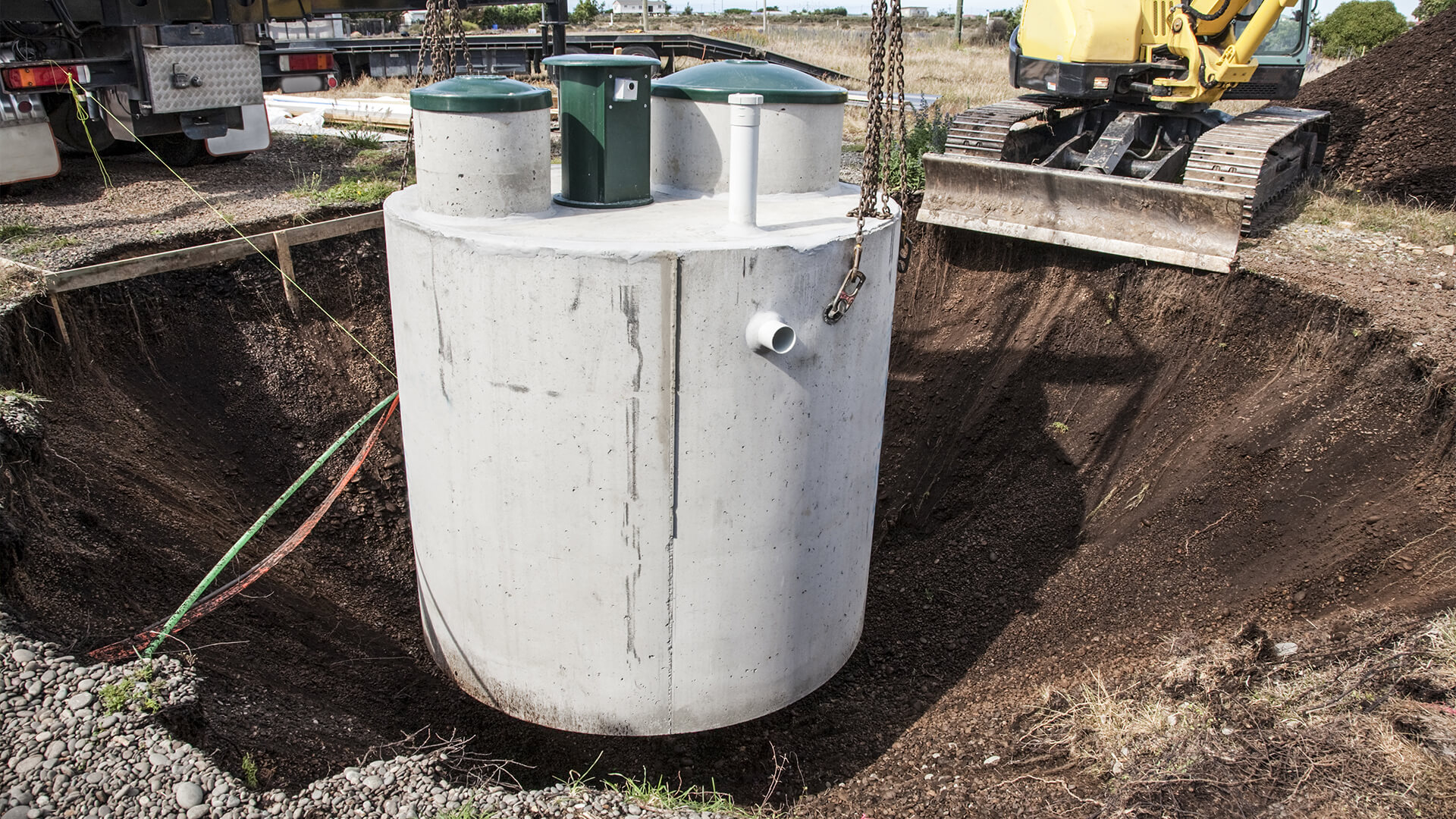In January 2015, the Government changed the regulations governing septic tanks, which means some property owners in England will need to replace or upgrade their septic tank systems by 1 January 2020.
However, if you want to sell, or buy, a property before that date, you will need to look at its septic tank much sooner, or risk obstacles and delays to the property changing hands.
The rules also apply to improvements to a property: any work that comes under Building Regulations will automatically then mean that the septic tank will need upgrading too, at the same time.
Gareth Wood, owner of septic tank specialists OMDI, explains why replacing older systems might be more urgent than some people realise.
“You could be going under the assumption that you’ve got a whole year before you need to make changes to your septic tank, but you could be in for a nasty surprise, if you have plans to sell a property before January 2020.”
Similarly, anyone looking to buy a property will also need to check that its septic tank system is compliant with the new regulations.
“If the system is non-compliant, it can have an impact on your mortgage application, because the work will need to be done before you can take things any further.”
The General Binding Rules for small sewage discharges were brought into force in 2015 to stop septic tanks discharging into watercourses such as ditches, drains, canals, rivers or surface water drains.
“The rules have been brought in to reduce the level of pollution from sewage in watercourses.”
They affect both existing and new septic tank discharges in England. Any system installed and in use before December 2014 is classed as existing. After that date, and the system is classed as new.
The Impact of Building Regulations
There are implications for older septic tanks for anyone undertaking work on a property, when the work comes under Building Regulations.
“Even if you are not selling your property, but improving or altering it, any work which will require Building Regulations will mean the 2015 General Binding Rules governing septic tanks will then apply.”
The nature of this work does not have to be connected in any way to the septic tank or drainage system for this to happen.
“It’s not restricted to extensions. Even if you have new windows, or a roof, or a lintel installed inside a doorway, then you’ll also need to ensure your septic tank meets the new requirements.”
Who Has a Septic Tank?
Many rural properties rely on septic tanks for their sewage discharge. They are designed to provide owners with an easy solution for dealing with drainage and wastewater where there is no mains drainage.
“For some buyers, purchasing their ideal rural property might involve an obstacle they hadn’t considered, if the septic tank is not compliant with the new rules. The same applies to vendors.”
The further down the line the property transaction process has gone before the issue is addressed, the more expensive, and disruptive, fixing it is likely to be.
“There are situations where people are ready to exchange contracts, only to discover that the whole septic tank issue will mean the property is legally unsellable. ”
Act Now
Specialist support in installing, upgrading or servicing a septic tank can make the whole process streamlined, and ensure it is fully compliant with regulations.
“It’s better to be prepared, and to have peace of mind that your system isn’t going to disrupt any current or future plans you have for your property.”
About Off-Mains Drainage Installers (OMDI)
Based near Pontefract, West Yorkshire, OMDI puts 20 years of industry experience into an expert, dedicated septic tank and sewage treatment installation service.
OMDI provides a complete, end to end solution, from survey stage and project design and specification, through to installation and handover. The service also involves de-commissioning of old tanks and systems.
For anyone wanting to know if their septic tank is compliant, OMDI can provide them with the septic tank information they need, and offer expert, practical and fully up-to-date solutions.
































